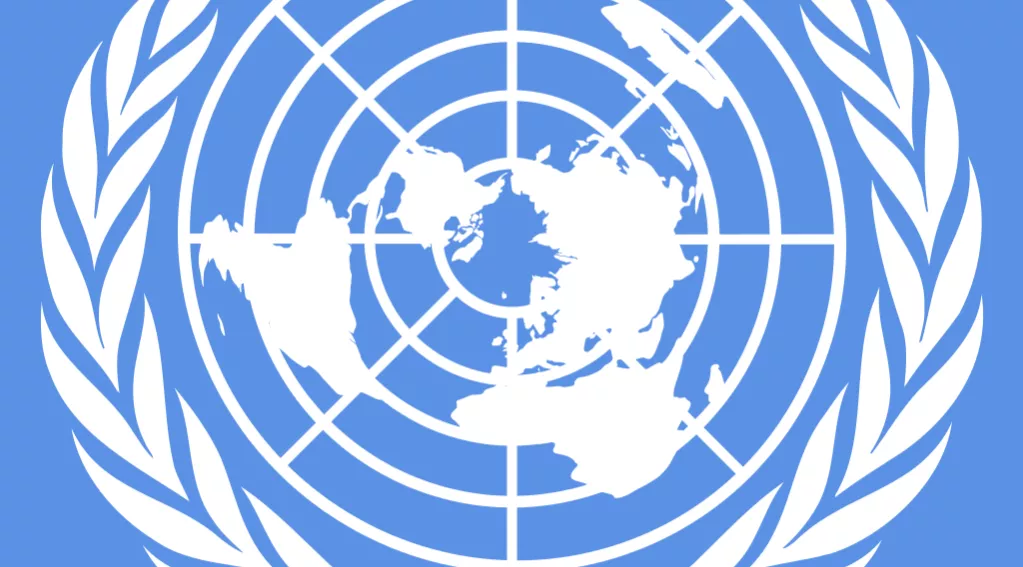Corruption Undermines U.N. Refugee Program

A seven-month NBC News investigation has uncovered chronic corruption at a United Nations agency that processes African refugees heading to the West.
In five countries — Kenya, Uganda, Yemen, Ethiopia and Libya — staffers for the U.N. High Commissioner for Refugees (UNHCR) accepted bribes for resettlement, NBC found.
All of which raises questions: Are the relocating refugees truly the most vulnerable, or just the ones most able to pay? Is security fatally compromised?
UNHCR staffers and officials from organizations working with them reportedly demanded bribes for everything from medical referrals to food rations. Under-the-table payouts to resettle a family run up to $5,000.
In southwest Uganda, refugees said resettlement bribes range between $300 and $1,000 per person. Cows have been accepted in lieu of cash. Two refugees said they handed over four bovines, which were shared between Ugandan authorities and UNHCR.
Last year, the United States was the No. 1 destination for refugees from the five countries, receiving 2,756 refugees from UNHCR processing centers there.
UNHCR has an international mandate to determine refugee status and eligibility for resettlement. It denied allegations of fraud and corruption, but acknowledged the existence of scammers who pose as UNHCR staff members. By the agency’s own admission, “the resettlement process [is] a target for abuse.”
The vast majority of UNHCR staffers in Kenya, Uganda, Yemen, Ethiopia and Libya are local workers. And those countries rank among the most corrupt in the world.
Nikki Haley, President Trump’s former U.N. ambassador, declared in 2017 that America’s “decisions on [refugee resettlement] must always be made by Americans and Americans alone.” In fact, the U.S. is entrusting local staffs of UNHCR with the selection of refugees eligible for resettlement to our shores.
“We don’t know much about these men and women the U.S. government believes possess the exceptional good judgment, expertise and integrity needed to make refugee determinations and resettlement referrals,” says Nayla Rush of the Center for Immigration Studies.
The stakes are high, since resettled refugees are required to apply for a U.S. green card (permanent residence) one year after admission.
“From this perspective, resettlement gives access to citizenship,” Rush observed. “UNHCR staff are, in a way, deciding not only who can move to the United States, they are also choosing who will have the opportunity to become an American.”
Even with a perfect system, refugee resettlement only touches on symptoms of deeper problems. As the world’s leading recipient of refugees, America must use its collective economic, diplomatic, and (where need be) military might to hold those who are responsible for humanitarian crises accountable for their actions.Paragraph
In light of the NBC report, Washington, as the U.N.’s top financial supporter, needs to reassess the whole resettlement referral apparatus, demanding full transparency and accountability at the UNHCR.

